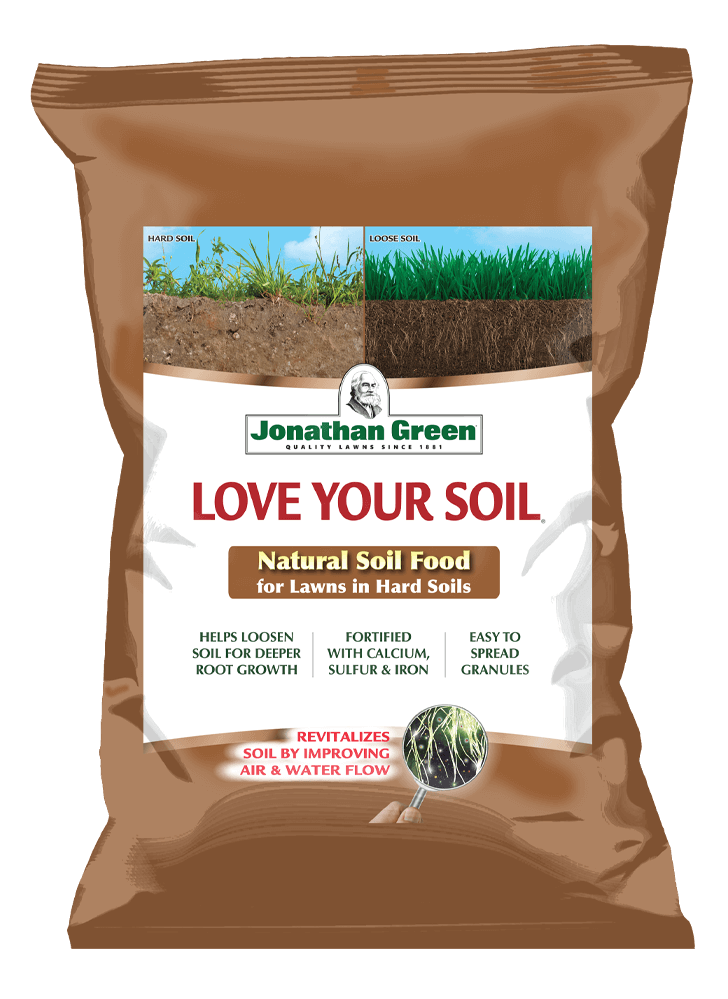Got earthworms?
Earthworms are more than just fish bait. Have you noticed many earthworms in your property when you are raking the lawn or digging in landscape beds or your garden? If the answer is no, think about why they may not be there. Earthworms are a good measure of soil health. We all know that healthy soil is important to grow a lawn or any crop. Just like the doctor takes a blood test to determine your health, next to a soil test, the amount of earthworms present in your soil is a great indicator of the health of your soil.
Remember 9th grade biology class when you had to dissect an earthworm? It was a simple creature with a pretty boring life of consuming soil, processing it and leaving it back in the soil. But what many people don’t realize is what an important role the earthworm plays in the health of the soil. Charles Darwin wrote, “It may be doubted whether there are many other animals which have played so important a part in the history of the world, as have these lowly organized creatures.” It is the earthworm which continually renews and maintains the valuable top soil. All the waste products of life: the dead vegetation, the manure and the dead animal residues are the chief source of food for earthworms. Plants cannot use this organic matter directly, so once the organic matter is digested earthworms release the waste from their bodies as castings. Castings contain many nutrients that the plant can use. There are a number of lawn and garden fertilizers which contain worm castings.
The actual numbers of earthworms per acre will vary considerably and depend on the quantity of organic matter, or humus that is found in the soil. Darwin found concentrations of earthworms from 25,000 to 53,000 per acre. It has been suggested that there could be eight million earthworms in a single acre and that some of their burrows could penetrate to a depth of six feet. One can therefore imagine what a tremendous aeration function these creatures perform. The extensive systems of tubes, which they develop through the soil, help the water penetrate to great depths, as well as giving passage to plant roots and air.
Sir Albert Howard described the earthworm as the gardener’s manure factory. As the soil passes down the earthworm’s alimentary canal the organic matter and the soil is neutralized by the constant additions of carbonate of lime secreting from three pair of calciferous glands, near the earthworm’s gizzard. It is here that the matter is ground prior to digestion. The worm castings contain everything that the plant needs in abundance. To quote Charles Darwin again, “The whole of the superficial world over any expanse has passed and will pass again every few years, through the bodies of worms.”
Lawn makers and gardeners should therefore encourage worms, because they speed up the breakdown of organic matter. The use of organic fertilizers provides organic matter for earthworms to consume and will help to increase the earthworm population in your yard. Jonathan Green has a complete line of organic fertilizers will help increase the presence of organic material and in turn earthworms in the soil. Try Organic Lawn Food in your lawn or garden and you will see the difference. Our new Love Your Soil® will help to stimulate the microbial activity in the soil and provide valuable organic materials in the soil for the earthworms.
Mentioned Products
Earthworms have been around for a long time. They are a critical part of the circle of life for animals and humans alike. They do not have lungs and must breathe through their skin. Their skin must be kept moist and they need to be in damp or moist soil. This explains why they come to the surface at night since the potential to “dry out” is minimal. So please, when you see a bunch of earthworms on your driveway after a heavy rainfall, please sweep them back into the soil so they can continue their good work!

